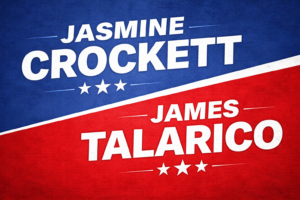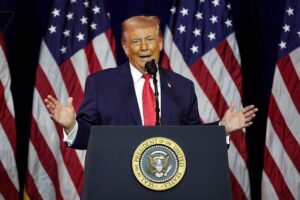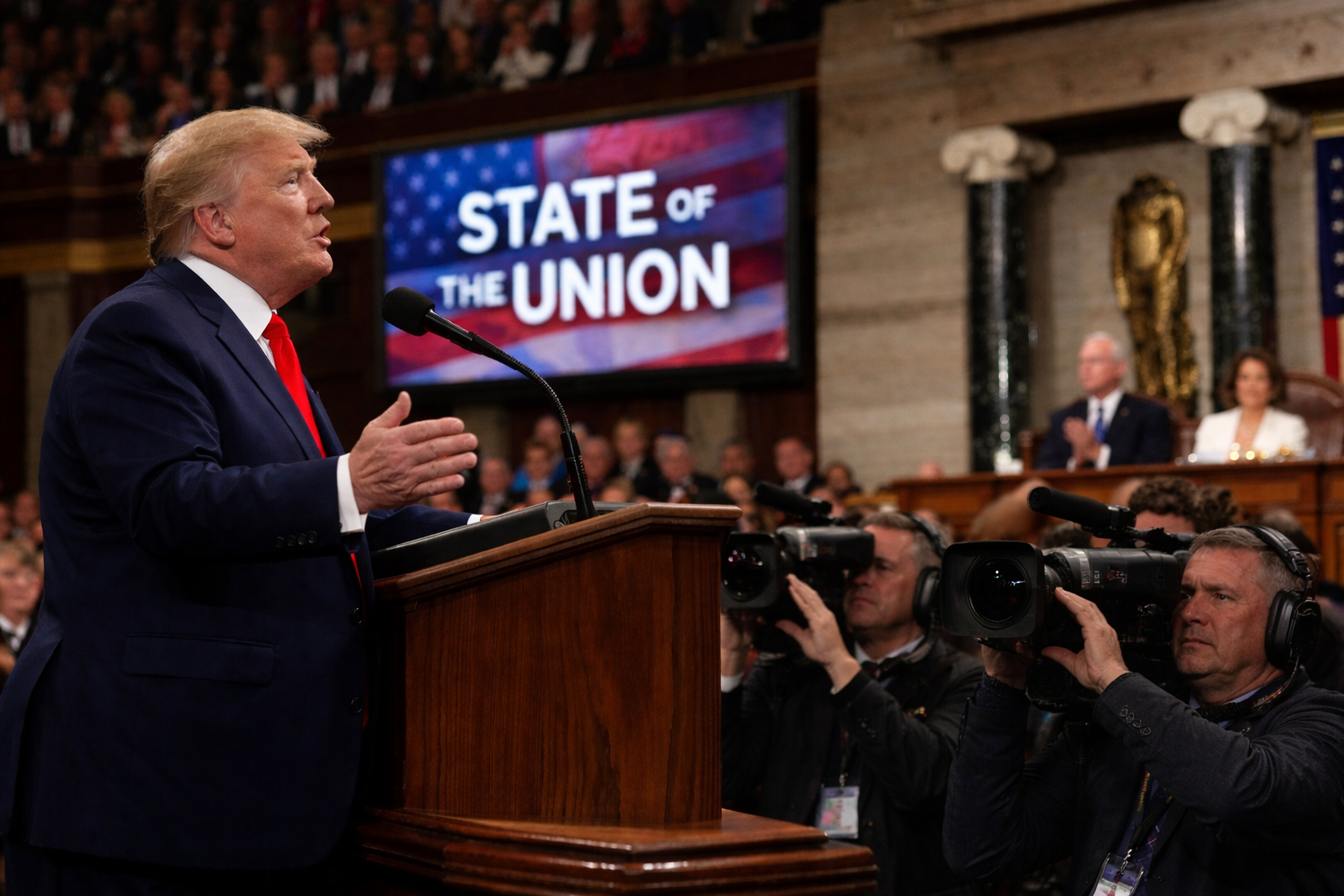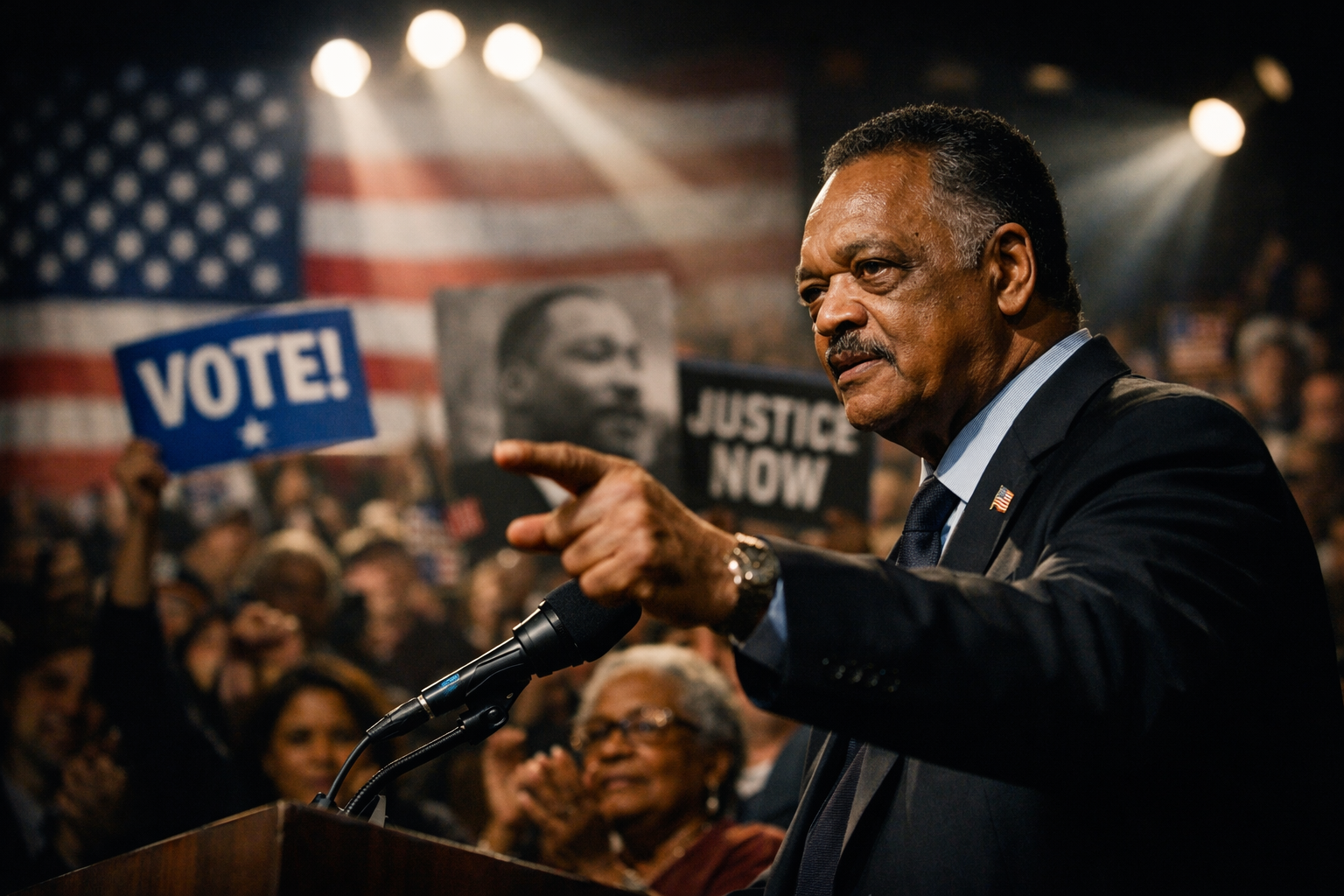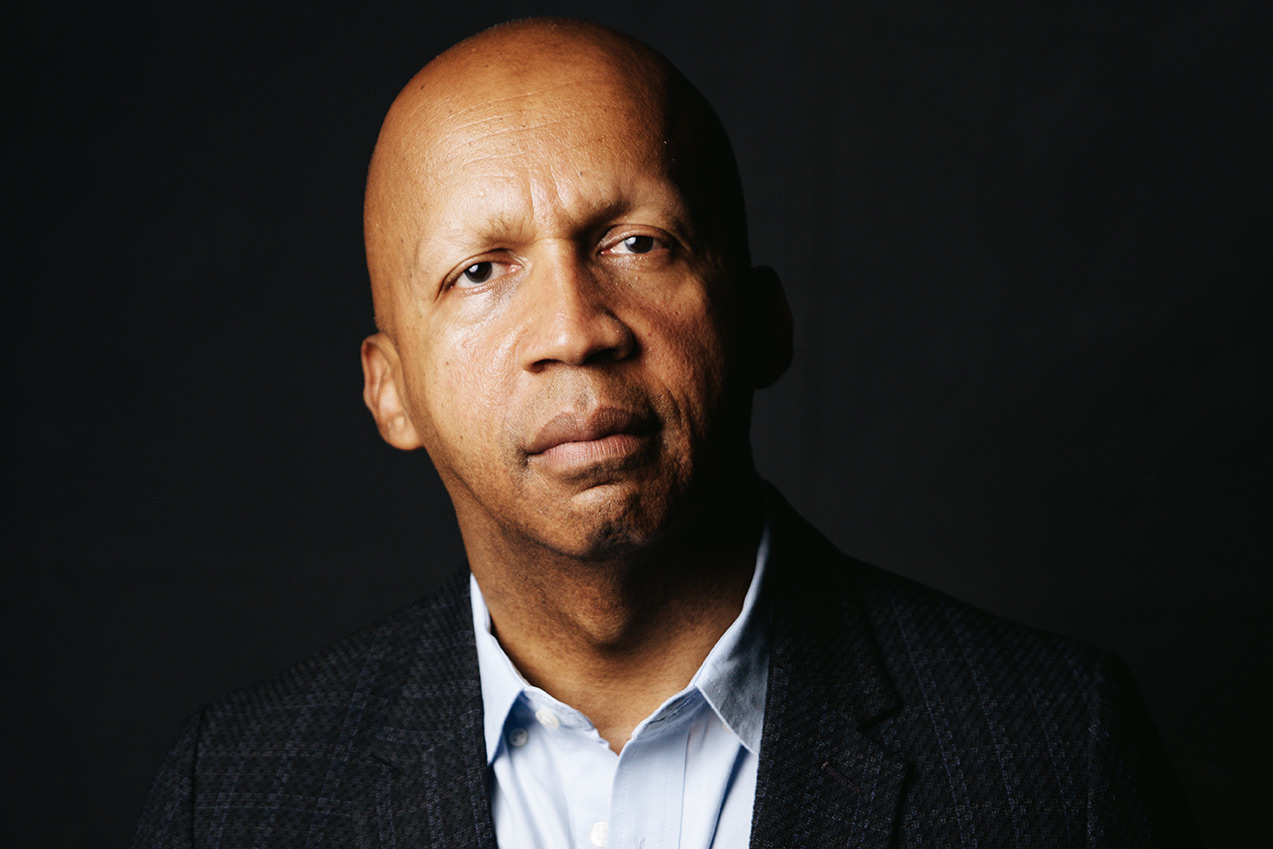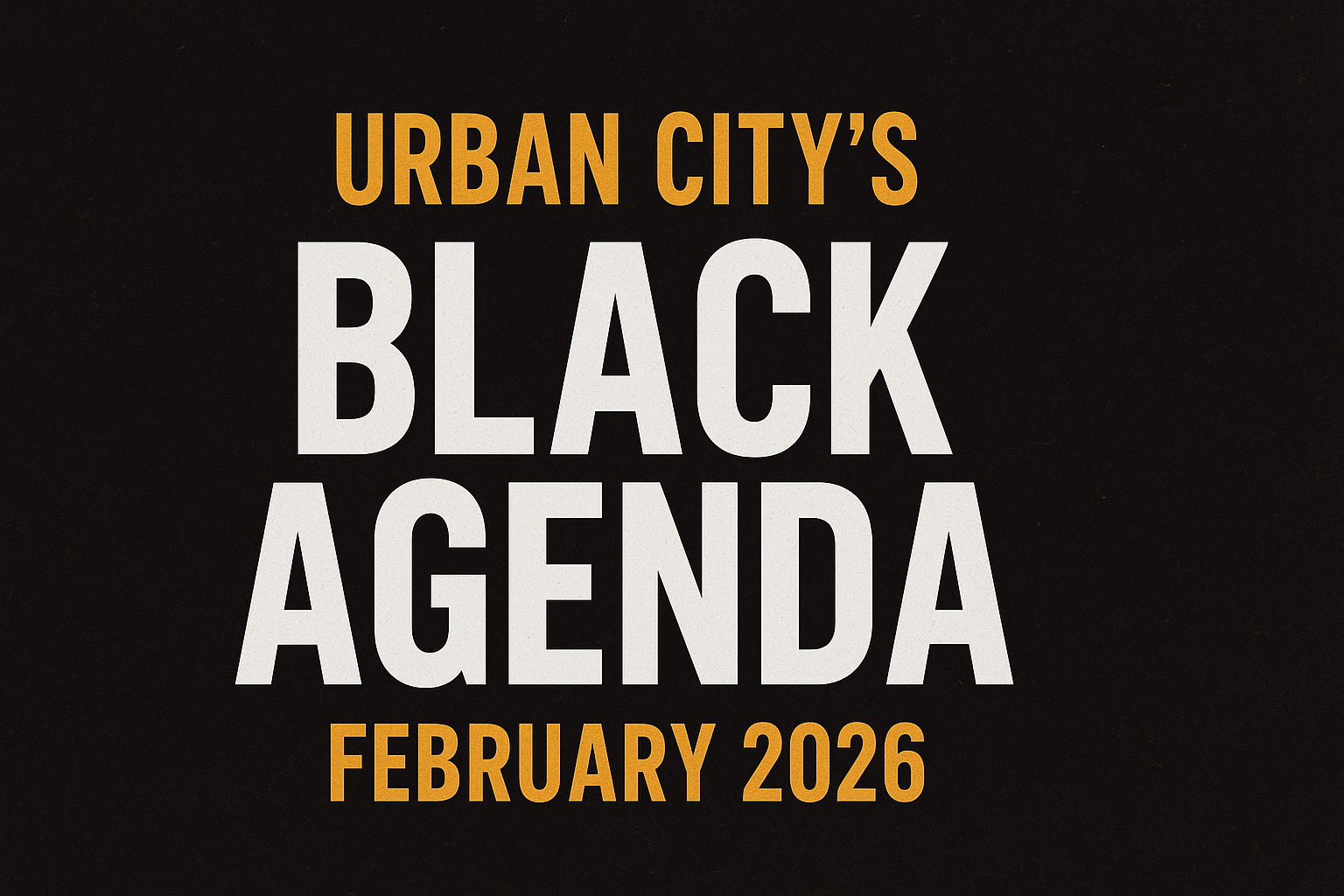Key Takeaways
- If Musk’s vision sparks massive deregulation, federal housing frameworks could collapse, opening doors for both disaster and profit.
- Urban, rent-controlled, and subsidized property owners may face the most extreme risks under a new regime.
- Investors tuned into tech migration and flexible financing may ride the next wave of wealth creation.
A new political movement.
And a threat to everything you thought you understood about housing policy in America.
Elon Musk’s proposed America Party isn’t politics as usual. It’s a bold and potentially explosive reimagining of American governance.
And it could blow open the entire U.S. housing market.
If this idea takes hold, investors could either build fortunes or lose everything.
Here’s what to expect if Musk’s movement turns into legislative reality.
The Political Disruptor Who Could Rewire Real Estate Rules
From rockets to EVs to social media, Musk has made a career of bulldozing industries.
Now, he’s turning that energy toward government itself. His America Party is not about left or right. It’s about tearing down the establishment altogether.
That means dismantling the systems that uphold U.S. housing zoning, subsidies, public lending programs, and federal agencies.
For real estate investors, this isn’t just a shift. It’s an earthquake.
We’ve seen it before. FDR’s New Deal rewrote housing finance. Reagan’s tax reforms supercharged commercial development.
Each pivot brought winners and losers.
Musk’s movement could do the same, but faster, and with fewer guardrails.
Musk’s Government Overhaul Could Tear Housing Support Apart
Without HUD, Investors Lose Their Safety Net
Musk’s plan calls for eliminating major federal departments, including the Department of Housing and Urban Development.
HUD supports millions through Section 8, FHA loans, and public housing. Without it, subsidized markets would collapse. Vacancy rates could surge, especially in Class C and D properties.
FHA loans also fuel first-time homebuyer demand. Without them, flippers lose buyers, builders lose sales, and investors lose exit strategies.
The Ripple Effect of Eliminating the Department of Education
Axing federal education programs may not seem related to housing. But without student loan safety nets, consumer credit health would deteriorate.
This would tighten lending markets and raise default risks.
More people would rent by necessity, but instability could also raise eviction risks and insurance costs for landlords.
The Rental Landscape Could Become a Patchwork of Extremes
Landlord Chaos or Opportunity Explosion?
Without national protections, states would take the wheel. Some might give landlords total freedom.
Others might impose extreme tenant protections to compensate for lost federal programs.
Markets like New York and California could become overregulated nightmares.
Meanwhile, places like Texas and Florida might become investor-friendly havens overnight. Those holding assets in the wrong location could find themselves trapped, while others thrive.
UBI and Free Tech Education Could Flip Investor Strategy
Guaranteed Income and Shifting Rental Expectations
Musk supports Universal Basic Income.
This could raise rent-paying capacity across the board, boosting NOI in tight markets. But it could also inflate property values and taxes, pressuring margins.
In hot markets, renters might expect more for their money—better amenities, better deals.
In affordable areas, buyer demand could push up prices and squeeze supply. It’s a double-edged sword that could reward or punish based on geography.
The Great Migration: Remote Work and Education Reset
If Musk delivers on universal tech education, millions could work remotely. Expensive cities would lose their grip, and overlooked rural or suburban markets could become hot zones.
Smart investors will follow the flow, targeting towns with fiber internet, good infrastructure, and low taxes. The age of inner-city dominance may be ending.
Slashing Spending Could Break Mortgage Access
Fannie and Freddie on the Chopping Block
The America Party’s goal to balance the budget could gut programs like Fannie Mae and Freddie Mac.
Private lenders would pass risk onto borrowers, tightening access and spiking rates.
First-time buyers would vanish. Sellers would cut prices. Investors holding inventory could face disaster.
Lessons from the 1980s: Interest Rate Shock and Collapse
When interest rates spiked in the 1980s, property values collapsed.
Builders stopped.
Investors defaulted.
We could see a repeat if markets panic and capital dries up.
Those with floating debt or weak cash reserves won’t survive the squeeze.
The Rise of State Power Will Fragment the Market
Investing Becomes a State-by-State Gamble
With federal standards gone, every state becomes its own regulatory island.
Landlords could face wildly different rules in each jurisdiction.
Legal risk explodes.
Compliance costs soar. Some states may welcome you. Others might bury you in taxes and restrictions.
Which States Win? Which Ones Bleed?
Expect a new migration pattern. Florida and Texas may open the floodgates for capital, cutting red tape and freezing taxes.
California and New York could impose new regulations and penalties in a panic to fill the void left by federal withdrawal.
Markets could flip upside down. Investors must move fast and choose wisely.
Innovation Zones Could Become the New Boomtowns
Betting on Musk’s Empire to Pick Winners
If Musk builds around his companies—Tesla, SpaceX, Neuralink, Boring Company—surrounding areas could explode with demand. Think of the early days of Silicon Valley.
Entire portfolios could be built on job growth and tech migration. But beware: if Musk pulls out, these towns could go dark fast.
Land Banking Returns with a Vengeance
If federal land controls fade, land banking might become the #1 investor strategy again. Think ahead. Buy near future tech corridors.
Watch for infrastructure promises and local tax incentives. But know the risk: without follow-through, your land could stay worthless for years.
Policy Whiplash Could Become the New Normal
The Danger of Personality-Driven Platforms
Musk may claim this isn’t about him, but the entire movement hinges on his voice.
That’s a problem.
Laws could change based on headlines. Subsidies could vanish overnight. Investor predictability would be gone.
Without structure, long-term planning dies. And real estate rewards those who think ahead.
Could Property Rights Become Flexible?
If Musk’s government redefines ownership, everything from zoning to taxation could shift. Properties could be taxed as idle assets.
Rules could change to support whatever mission dominates at the moment.
The threat is not just economic. It’s constitutional. If the ground rules vanish, so does the safety net of private property protection.
Is the America Party a Fantasy or a Forecast?
Right now, the America Party is just an idea. But its popularity is growing. And its ideas are extreme.
If this movement gains traction, real estate investors will face a new America. Some will rise by chasing deregulation and new migration.
Others will crumble under the weight of vanished subsidies, frozen lending, and legal chaos.
The wise will monitor every political move. They’ll study state trends, watch federal breakdowns, and position themselves where innovation and opportunity collide.
This is not a drill. If Musk’s America Party turns into policy, the housing market won’t just change.
It will be reborn through upheaval.






